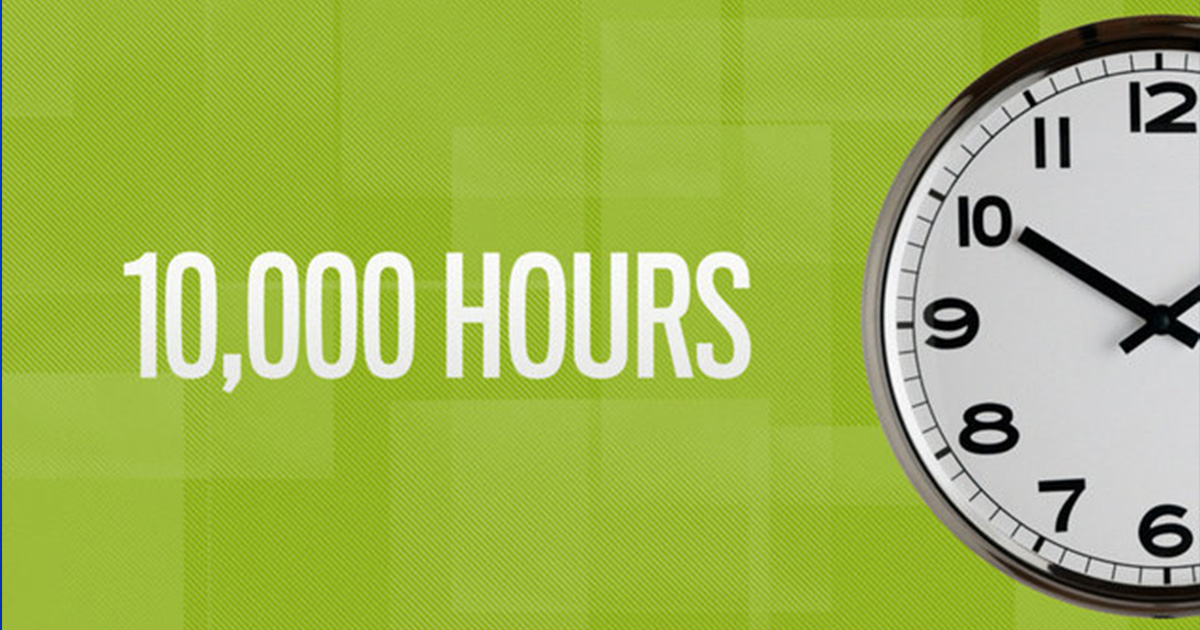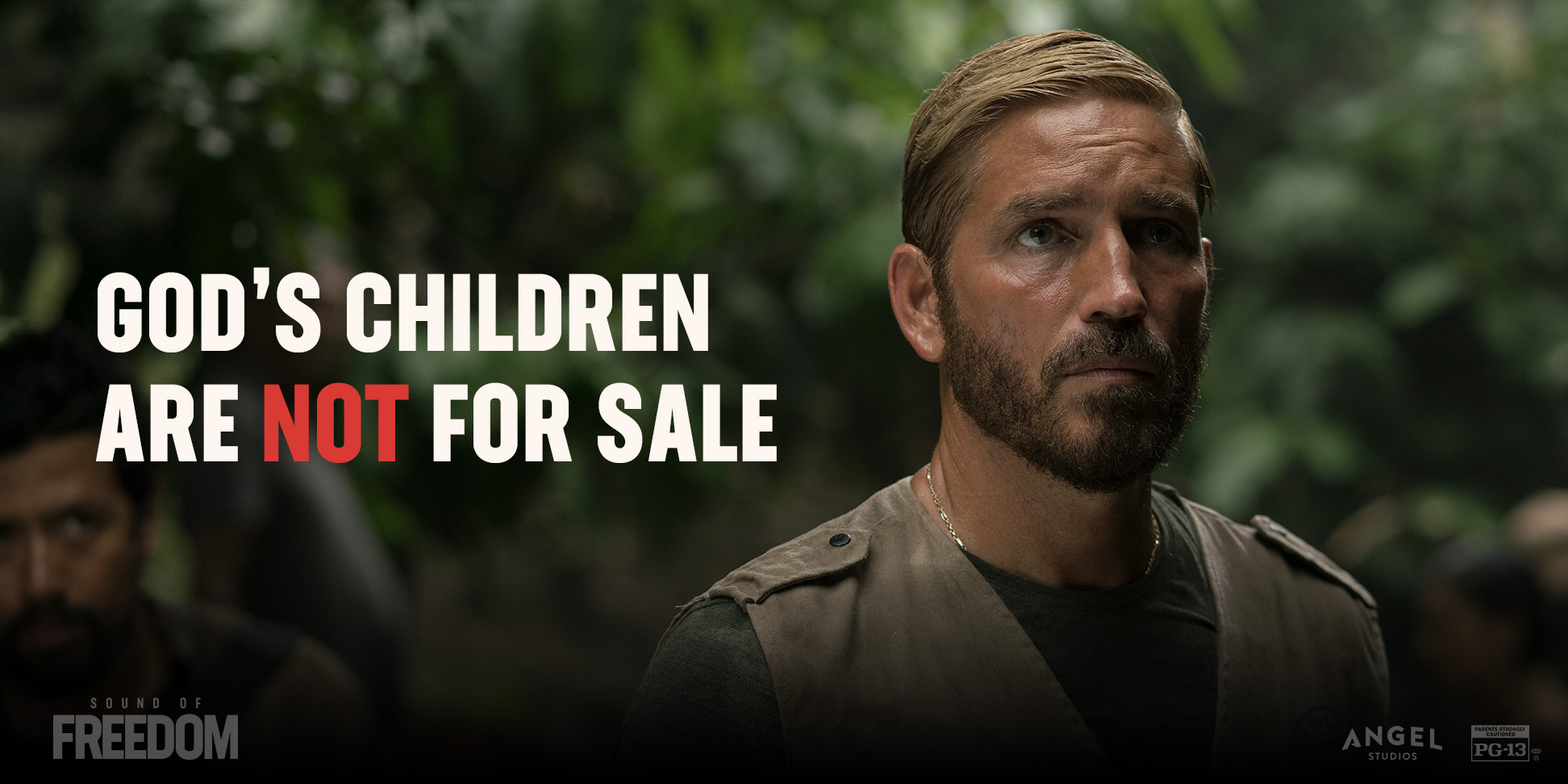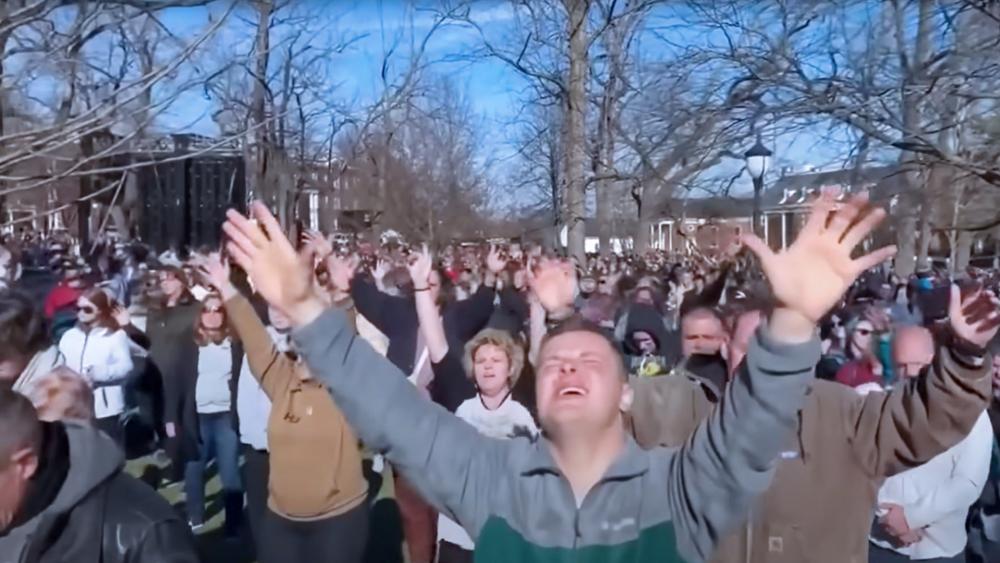As a follower of Jesus, I put a high value on daily practices that help me grow in my faith, and Bible reading is one of those. Prayer is another. I could be better at both of them, but I never sense the Father’s displeasure when I fall short as much as I sense His pleasure when I draw near. It’s easy to compare how we do at these disciplines with others, and when we do that, our time alone with Jesus can get quite crowded.
One of the things I’ve been doing over the last few months is simply reading a psalm a day and then making a short summary statement of it in my journal. It’s allowed me to see the psalms differently, and one a day is extremely manageable.
But one day this week, I couldn’t finish the psalm. It was Psalm 109, a fairly lengthy song of David’s about a particularly tough season of his life, but it wasn’t the length that got me.
It was the seven words that ended the fourth verse: “but I am a man of prayer.”
Here are the verses leading up to that statement, and then I’ll explain the deep dive that the Holy Spirit took me on after I hit that seven-word speed bump.
My God, whom I praise, do not remain silent, for people who are wicked and deceitful have opened their mouths against me; they have spoken against me with lying tongues. With words of hatred they surround me; they attack me without cause. In return for my friendship they accuse me, but I am a man of prayer. (Psalms 109:1-4, emphasis mine)
A couple of things stood out to me, one right away, and one at the end of the deep dive. First, it was the stark contrast between what David did in the face of attack and false accusation and what I would probably do. He prayed, but I’m not sure if that would have been my initial response. In fact, I’m not sure that I would have responded at all; I’m almost positive that I would have reacted. Believe me, I was plenty convicted by that, and that’s when the Holy Spirit said, “Let’s go deeper.”
Did you notice what David didn’t say? He didn’t say that he was a man who prays. He made an identity statement, not an activity statement. He said he was a man of prayer, not a man who prays, and as I pondered why that was a big deal, Malcolm Gladwell popped into my mind.
In his book, Outliers, Gladwell popularized the 10,000 hour rule, which states that it takes 10,000 hours of intensive practice to achieve mastery of complex skills. In other words, nobody’s becoming an expert at anything overnight, but when we have achieved that expert level, we’ll be able to do tasks instinctively because we’re drawing on those 10,000 hours we’ve built up.
It’s like the mechanic fixing your car in 15 minutes instead of the 5 hours it would have taken you. He or she didn’t really fix it in 15 minutes, but in 15 minutes plus all the hours spent studying and learning about cars and engines.
Which brings me back to David. Why was prayer what came out of him when he was attacked? Because he had spent so much time with God before the moment when he was writing that psalm. He was a man of prayer in the moment because he had been a man in prayer countless moments before it.
He was a man of prayer in the moment because he had been a man in prayer countless moments before it. Click To TweetWe could end it right there, but I got curious, and maybe you’ve gotten curious, too? How long would it take to log 10,000 hours of prayer, enough to have such a deep well of time with the Father that I could respond to my enemies the way David responded to his?
If we spent one hour a day in prayer (not to mention focused, intensive prayer) and never took a day off, it would take 10,000 days, or 27.3 years. Unfortunately, an hour a day might be unrealistic when the average Christian spends 15 minutes a day in prayer, which means the average Christian would spend 91 hours in prayer a year, and would need just under 110 years to log 10,000 hours.
The point isn’t to shame any of us for only spending a little time in prayer. Like I said at the beginning, I think God cherishes the time we spend with Him more than punishes us for the time we don’t, but the challenging thought for me is simply this: am I willing to be faithful in prayer so that I, like David, can say that I am a man of prayer?
I pray that I am.






